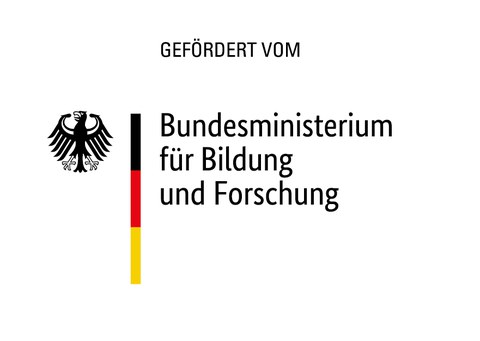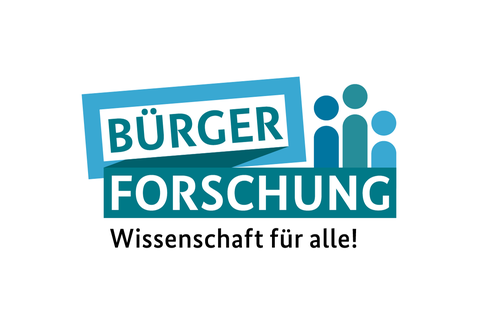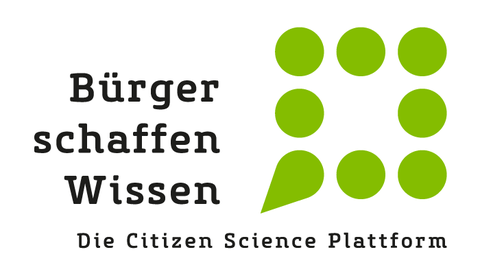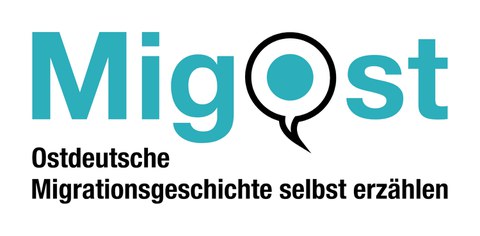Paolo Le van
Table of contents
Kontakt
Wissenschaftlicher Mitarbeiter
NameMr Paolo Le van
Zentrum für Integrationsstudien - MigOst
Send encrypted email via the SecureMail portal (for TUD external users only).
Visiting address:
Seminargebäude 1, Raum 126 Zellescher Weg 22
01217 Dresden
Zur Person
- Seit 04/2021 Wissenschaftlicher Mitarbeiter im Projekt "Ostdeutsche Migrationsgesellschaft selbst erzählen" (MigOst) am Zentrum für Integrationsstudien der TU Dresden
- 05/2018 - 03/2021 Projektkoordinator der Jugendbeteiligungs- und Integrationsprojekte "AWO ländlich BUNT" und "jung.vielfältig.engagiert." beim AWO Landesverband Sachsen
- 08/2015 - 07/2015 Mitarbeiter im Fachbereich Freiwilligendienste des AWO Landesverbands Sachsen
- 10/2014 - 08/2018 Master of Arts an der TU Dresden im Fach Philosophie
- 09/2013 - 08/2014 Freiwilliges Soziales Jahr Politik bei der Sächsischen Jugendstiftung
- 10/2009 - 03/2013 Bachelor of Arts an der TU Dresden in den Fächern Philosophie, Politikwissenschaften und Soziologie
- 11/2008 - 07/2009 Zivildienst im Krankenhaus Dresden Neustadt
- 07/2008 Abitur am Pestalozzi Gymnasium Dresden
- Migrationsforschung zum Thema Ostdeutsche Migrationsgesellschaft
- Citizen Science in Geschichtswerkstätten und Bürgerlaboren
- Biografiearbeit mit Migrant:innen und migrantisierten Personen
- Partizipation von Migrant:innenorganisationen und Zivilgesellschaft in Wissenschaft und Gesellschaft
Aktuelle Projekte
Duration: 1.3.2021-29.2.2024
Project management: Dr. Karoline Oehme-Jüngling
Project team: Luise Böhm, Paolo Le van, Franca de Graaf
Partners: Dachverband Migrant*innenorganisationen in Ostdeutschland Halle (Saale) (DaMOst), Brandenburg University of Technology Cottbus (BTU), German Institute for Saxon History and Folklore Dresden e.V. (ISGV), German Centre for Integration and Migration Research Berlin (DEZIM)
Funding: The project is funded by the Federal Ministry of Education and Research as part of the BMBF's Citizen Research funding programme. It is one of 15 projects that will advance the collaboration of citizens and scientists in terms of content and methodology and provide answers to societal challenges until the end of 2024. Further information at:
https://www.bmbf.de/de/buergerforschung-225.html https://www.buergerschaffenwissen.de/

Bundesministerium für Bildung und Forschung

Bürgerforschung
MigOst makes the life stories of people with migration histories in eastern Germany visible. The aim of the project is to initiate and reflect on migration and migration-related experiences in eastern Germany in a participatory way together with citizens. Although the GDR and East Germany also have a continuous history of migration, migrant perspectives on the past and present have been marginalised until now. From an everyday perspective, the knowledge and experiences of people with migration histories from the times of the GDR and reunification to the present are to be addressed in the many voices of the narrators. Questions about identity and belonging, about the practice and experience of arriving, staying and leaving, as well as about discrimination and racism can play a role.
How can citizens participate in the research?
The project plans three regular history workshops in Cottbus, Dresden and Halle, in which different methods of group discussion will be used. People with a migration history in East Germany (phase 1) and people who have had migration-related experiences as work colleagues, neighbours or friends in East Germany (phase 2) are invited to participate. The history workshops are developed and conducted jointly by migrant organisations and the project team. Participants do not need any prerequisites other than an interest in the topic. As experts of their own history, the participants themselves decide on the topics; the project team supports them with methodological and theoretical expertise.
Would you like to participate? Then write to us: migost@damost.de
What does the research contribute to?
Hegemonic memory discourses on East German history have large gaps in their perspective and social positioning: GDR society is often imagined as homogeneous and white. The biographies of contract workers or participants in international education programmes, individual migration experiences in the GDR as well as migrant knowledge of the Wende and post-reunification period receive little public attention. In addition, German migration history in research is usually told on the basis of the West German immigration society. In social science, a double differentiation and marginalisation can thus be observed. In reality, of course, East German society has an ongoing history of immigration. By looking back and sharing migration-related experiences, previous exclusions in the culture of memory as well as dominant narratives about East Germany are questioned.


